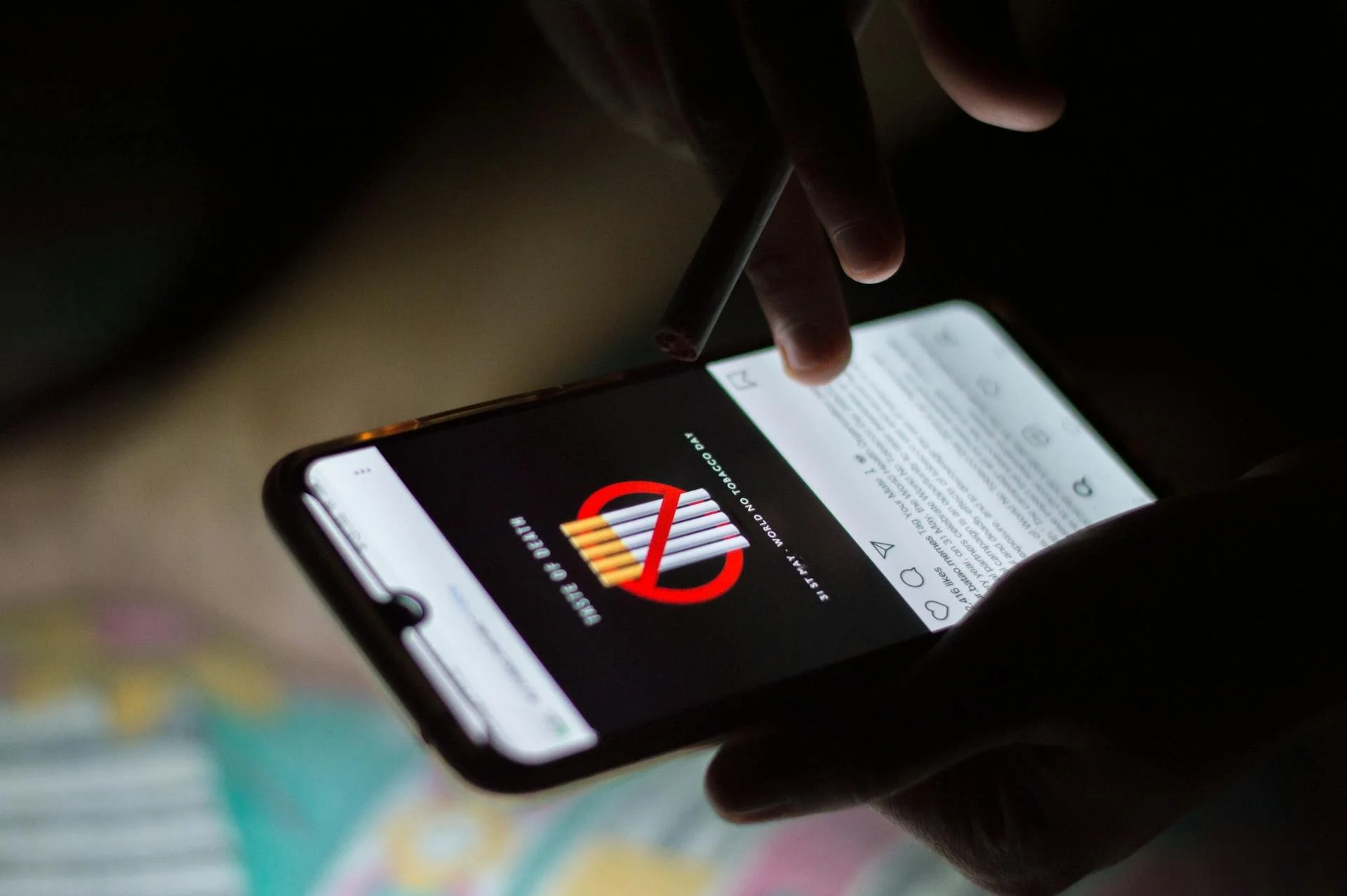Addiction Is a Disease Not a Choice
Many people believe that addiction is a simple matter of willpower or a bad choice. They think if someone just tried harder, they could stop using drugs or alcohol. But this idea is wrong. Addiction is not a choice. It is a medical disease that changes the brain and affects a person’s behavior.
According to the National Institute on Drug Abuse, about 21 million Americans aged 12 and older needed treatment for substance use in 2021, but only about 10% received care. This shows how many people struggle with addiction but don’t get the help they need.
In this blog, we will explain why addiction is a disease, how it affects people, and why it is important to get the right kind of help. We will also talk about how medication management services, substance use services, and qualified psychiatrists can support those struggling with addiction.
What Is Addiction?
Addiction is a chronic disease that affects the brain’s reward system. When someone uses drugs or drinks alcohol, it can cause feelings of pleasure. Over time, the brain changes and craves more of the substance to feel the same effect. This makes it very hard for the person to stop, even when they want to.
Addiction is more than just using drugs or alcohol. It changes the way the brain works and affects how a person thinks, feels, and acts. This is why people with addiction often have trouble controlling their use, even if it causes problems in their lives.
Addiction Is Not a Choice
Many people think addiction is a choice because they see people making bad decisions. But addiction is a medical condition that changes the brain. These brain changes make it difficult for people to choose to stop using.
When someone becomes addicted, their brain’s ability to control impulses and make good decisions is damaged. This is similar to other diseases that affect the brain, such as diabetes or heart disease, which also require treatment.
Because addiction affects the brain, people need medical help to recover. It is not simply about being “strong” or “weak.”
The Importance of Professional Help
Treating addiction is not easy and requires support from medical professionals who understand the disease and how to treat it, including medication management services, substance use services, and qualified psychiatrists.
Medication management services help patients by providing the right medicines to reduce cravings and ease withdrawal symptoms, with drugs like methadone, buprenorphine, and naltrexone proven to reduce opioid overdose deaths by up to 50%. While medication plays a crucial role, it is just one part of treatment. Substance use services offer counseling, therapy, and support groups that help individuals understand their addiction, develop skills to stay healthy, and identify triggers to avoid relapse.
Research shows that combining therapy with medication can improve recovery success rates by up to 60%. Qualified psychiatrists specialize in mental health and addiction, diagnosing both addiction and related issues such as depression or anxiety, which often occur together. They provide medication and therapy while coordinating with other healthcare providers to create personalized treatment plans.
Seeing a psychiatrist is important because addressing co-occurring mental health conditions alongside addiction increases the chances of long-term recovery.
Recovery Is Possible
Even though addiction is a disease, recovery is possible with the right support. Many people have successfully overcome addiction and gone on to live healthy, fulfilling lives.
The Substance Abuse and Mental Health Services Administration (SAMHSA) reports that millions of people in the U.S. are in recovery from substance use disorders, showing that treatment works.
Recovery takes time and effort, but it is important to remember that no one has to do it alone. Health Professional can guide people through this difficult process.
How to Get Help
If you or someone you know is struggling with addiction, the first step is to ask for help. It can be hard to admit there is a problem, but reaching out to professionals is the best way to start recovery.
Here are some ways to find help:
Contact a medication management service in your area to learn about medical treatments for addiction.
Reach out to substance use services or counseling centers that specialize in addiction support.
Make an appointment with a qualified psychiatrist who can provide a full evaluation and treatment plan.
Remember, addiction is a medical condition that deserves medical care.
Conclusion
Addiction is a disease, not a choice. It changes the brain and makes it very hard to stop using substances without help. Understanding this can reduce stigma and encourage people to seek the support they need.
With the right treatment, including medication management, counseling, and psychiatric care, recovery is possible. No one has to face addiction alone. Professional help is available and can make a real difference.
If you or someone you love is dealing with addiction, take the first step today. Reach out to medical and mental health professionals who can help guide the way to a healthier future.





